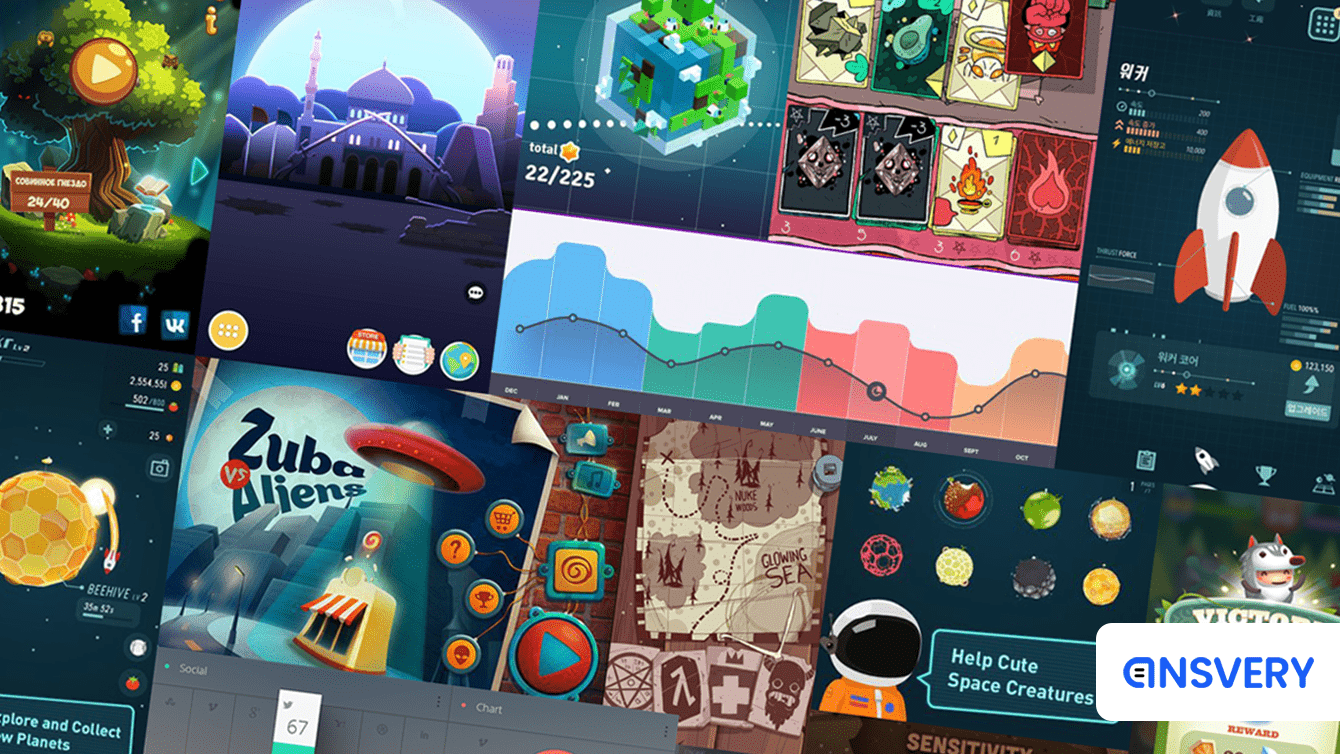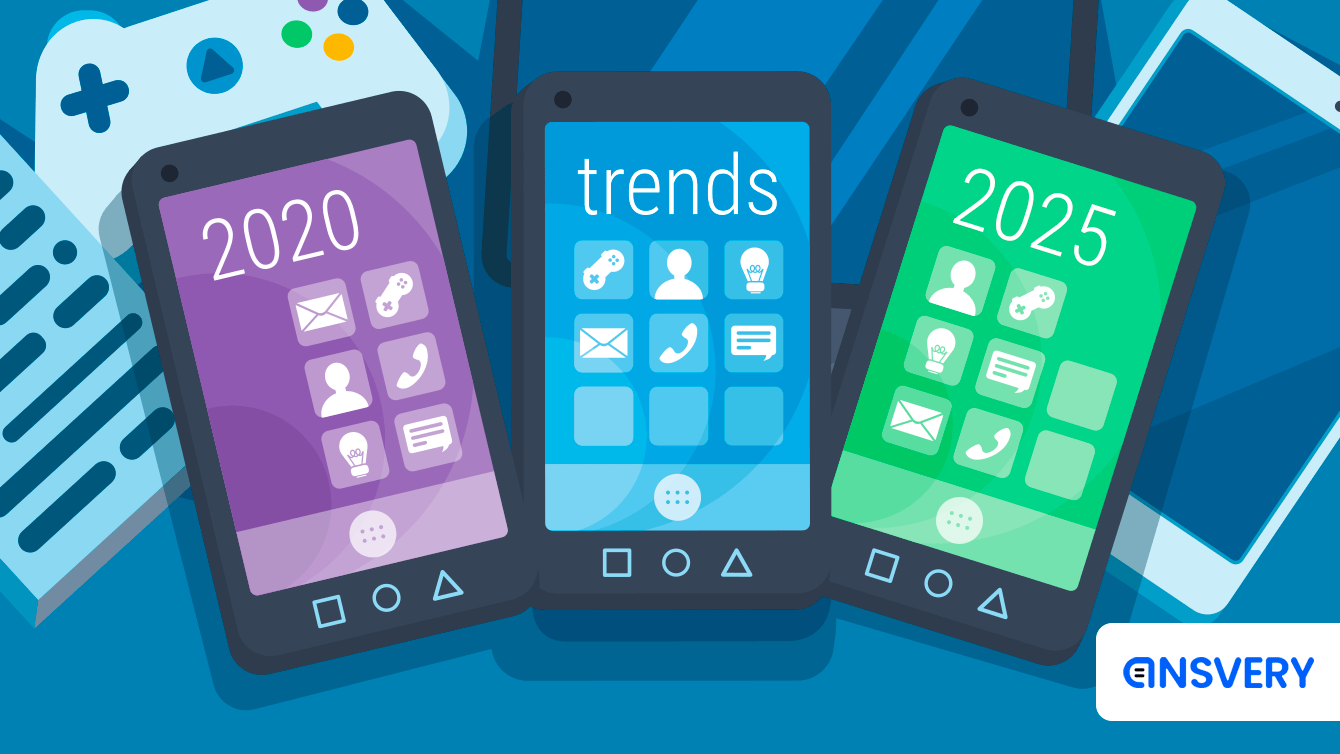6 Most Common Issues Free-to-Play Gamers Face
The role of the customer support in the games based on retention is beyond doubt.
Anna Bashkirova, product owner of the customer support outsourcing Ansvery describes the most typical user requests so that you know what issues you may face, what they are caused by, and what you can do about them. At the same time, Vasiliy Sabirov, former lead analyst of devtodev, explains what f2p games need to succeed.
Free-to-play games, if you look at them from the outside, have a rather interesting economy. On the one hand, a well-balanced game does not require a player to pay at all – they must be able to have fun for free. On the other hand, if a player decides to pay, then the game must allow them to pay as much as they want.
This is why the profit from the game comes from just 1% of players – it is believed that the median value of the paying players to all users ratio equals 1%. At the same time, a huge – if not the biggest – part of profit comes from the so-called “whales” who pay large sums of money.
What does it tell us?
It tells us that success of f2p games depends on two factors:
-
User retention. The longer the player is active in the game, the greater the probability that they will pay (and this probability increases with each day), and the larger their payment will be.
-
Whales staying loyal to the game. In different games, whales provide from 30% to 90% of the whole profit, and the loss of one such player will mean the loss of several percent of the profit.
That is why customer support plays such an important role in the games based on user retention.
Below you will find 6 most common user requests that CS receives in f2p games and the ways to resolve them.
Payment Issues
Give me back my money!

Types of issues:
-
The player did not receive their purchase;
-
The player received something else instead of what they’d actually bought;
-
The player cannot make a purchase.
As a rule, the player with such an issue is outraged. They believe they have been deceived. Naturally, they want either their issue resolved honestly or their money refunded.
This user also wants their issue resolved as quickly as possible, and they also want apologies and, possibly, some guarantees that something like this will never happen again.
Players’ demands are especially high during limited-time promotions and events.
What you can do
First, you need to make sure that the purchase actually took place. Ask the user for a purchase confirmation (a receipt or the order number), check the purchase status, and, if necessary, credit the game with the lacking resources and, possibly, add some compensation for the inconvenience.
This means that in order to solve such issues, the agent should have tools that allow them to check user profiles and purchases and add resources to game accounts at hand. On the other hand, such requests require knowledge and skill. Some users may send fake receipts, so all the information connected with purchases should be checked and analyzed in a timely manner. It is important for developers to understand that the necessary tools will not only help the agent resolve the matter quickly, but also influence user satisfaction. When dealing with such problems, resolution time is directly related to the level of user satisfaction.
Technical issues
Lags and bugs everywhere!

Types of issues: the game crashes, freezes, etc. The user cannot play properly due to some technical reasons.
The player is irritated, however, they are ready to wait. They understand that fixing technical issues requires time. The player who contacts support with such a problem is open to a dialogue and motivated to help the developer: find the problem, describe the bug, provide all the necessary data (the game logs, the actions performed before the bug occured, etc).
However, if the problem does not go away or repeats regularly (e.g., you release an update, but nothing changes), then the users’ mood quickly goes from unsatisfied to simply terrible, because they get the impression that the developers don’t give a hoot.
What you can do
The difference between payment and technical issues is that the latter do not always have an immediate solution. Sometimes it will require several updates to put it right. The issues of such type are dealt with more effectively if an agent grasps the situation perfectly and can not just tell the user that they need to wait but explain the cause of the problem. The ideal scenario is when agents still maintain a dialogue with users even a month later.
Game Questions
How does it work?

The player just cannot figure out something in the game mechanics and asks support for help. Their mood may vary – from calm (when they just want an explanation) to furious (e.g., when they cannot do a quest).
What does this user want? They want either to be heard or to receive a clear instruction. As a consequence, user expectations concerning resolution time may vary from “right now” to “whenever”.
What you can do
It is a well-known fact that the first condition of successful support is a thorough knowledge of the game. However, sometimes it might not be enough to simply play the game in order to understand all the game mechanics. This is why it is crucial to organize direct communication between support and developers which can ensure that agents are informed about the workings of the game, new features, events, and so on. Without such communication, agents’ knowledge of the game will not be complete, and their work with users will be based on individual understanding of the game process instead of a systemic one.
On the other hand, you can reduce the number of questions about game features by organizing a well-structured FAQ section, describing game features inside the app itself, creating self-explanatory interfaces, and so on.
Feedback
We need more loot boxes!

Well, this is just a bit of a joke about loot boxes.
The player can simply express their opinion about the game (it can even be positive), or recommend changing something in the game (“please add this thing, it will be great!”).
When players come to you with their suggestions, they often feel excited, involved in the creative process. However, other users may be upset or frustrated that the game does not work the way they want.
What you can do
The main thing such a player wants is a reaction from the support specialist. They want to know what we agree or disagree with. They want to be heard.
Loss of items or progress
Where is my sword?

The user contacts support when something is missing – either a part of the game progress or some game items (it does not mean that these items actually were in the game; it is just that the player believes that they were).
Anyway, the user is deprived of something they have invested their efforts, time, and money in.
Such a player is very angry (and who would like it if something was taken from them?) and wants to resolve the problem here and now as well as be sure that something like this will never happen again.
What you can do
It is, of course, much better when nothing actually goes missing from the game. To stop the user thinking that their resources have gone AWOL, you can place a purchase confirmation window into the game. Progress rollbacks can be fixed with some kind of automatic restoration or a simple algorithm that will allow the user to get back their achievements. However, if it comes to a support request, then it will be easier for the agent if they are able to check purchase history / use of resources or items in the game and if they can return the profile to the user in a single click.
Just no one to talk to
Let’s talk!

It is worth mentioning so-called “bogus calls”. It is when a user simply likes chatting, or they have no one to talk to, or they are bursting with emotion (it may concern the game or it may be about life – it is difficult to get solid facts from them).
For example, recently we had a message where a user wanted to share his joy with us: “I’ve become a dad!”
What you can do
Why not talk to them – we are all human after all.
To be heard!
In any case, customer support does not exist in a vacuum, they always work closely together with developers, game designers, QA – an agent is only fully useful when they have proper tools. The value of an agent is in the systemic nature of their knowledge and tools that can help them check who is writing to them, why they have a problem, and what solution to offer them.
Anyway, each player wants to be heard and understood. And this is a question both of love and respect for the user and direct influence on the project metrics: user retention, paying user retention, and, as a result, ARPPU and ARPU monetization.
Let your players be heard!




